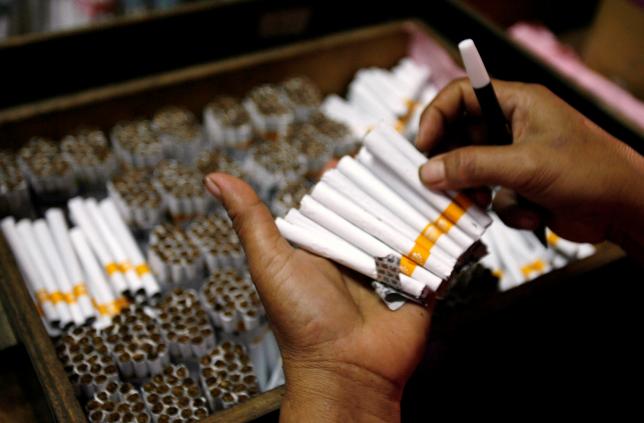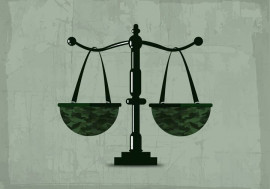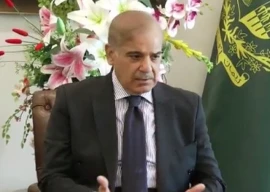
In separate letters to the Finance Minister and the Special Assistant to Prime Minister on Revenue, State Minister for Health Saira Afzal Tarar has suggested increasing the federal excise duty (FED) on the lower slab of all brands of cigarettes to Rs44 per pack in the upcoming 2017-18 budget.
She has also requested to earmark two per cent of tobacco tax revenues for the Prime Minister’s National Health Programme for the treatment of non-communicable diseases (NCDs) and tobacco control.
The suggestion is based on recommendations provided by a technical working group working under the Framework Convention on Tobacco Control (FCTC).
Pakistan had signed FCTC in 2004. Under Article 6 of FCTC, Pakistan has to impose taxes and introduce price policies on tobacco products as a means to reduce tobacco consumption. Tobacco taxes which translate into price increases are considered the single most effective option for reducing tobacco use and increasing revenues.
In order to finalise recommendations to increase taxes on tobacco products in line with FCTC recommendations, a technical working group on tobacco taxation was formed by the health ministry. Experts from the Federal Board of Revenue (FBR), Bloomberg Partners, World Health Organisation, World Bank and Tobacco Control Cell were members of the group.
The group recommended increasing taxes on tobacco products in the budget for the fiscal year 2017-18. It has further recommended that the lower slab of all brands of cigarettes may be taxed at a rate of Rs44 per pack of 20 cigarettes.
Cigarette packets sold in the country are categorised into two groups: lower and upper slabs. Packets of 20 cigarettes which have a retail price of up to Rs88 are ranked in the lower slab while those with retail prices of over Rs88 are included in the upper slab. Currently, the tax rate for the lower slab is Rs.32.98 while the tax rate for the upper slab is Rs74.10 per packet.
According to a research study on tobacco taxation in Pakistan conducted by the FBR, World Bank, University of Toronto, Johns Hopkins University, the University of Illinois at Chicago and other institutes, a uniform specific excise tax which accounted for Rs44 per pack of 20 cigarettes could reduce the number of smokers by 13.2 per cent. Moreover, the study also showed that if the tax is increased to Rs44 per pack, the revenue it would generate would go up by Rs39.5 billion. More it would prevent 0.65 million premature deaths caused by smoking.
The group has also recommended removing all exemptions of tobacco taxes provided to Navy, President of Pakistan, the President of Azad Jammu and Kashmir and the governors of the provinces, members of their families and guests) under section four of the Schedule III of Federal Excise Act. In order to monitor the production of cigarettes, it is recommended to implement Electronic Monitoring System (tracking and tracing system) on a priority basis.
Published in The Express Tribune, May 18th, 2017.








1725254039-0/Untitled-design-(24)1725254039-0-270x192.webp)














COMMENTS
Comments are moderated and generally will be posted if they are on-topic and not abusive.
For more information, please see our Comments FAQ